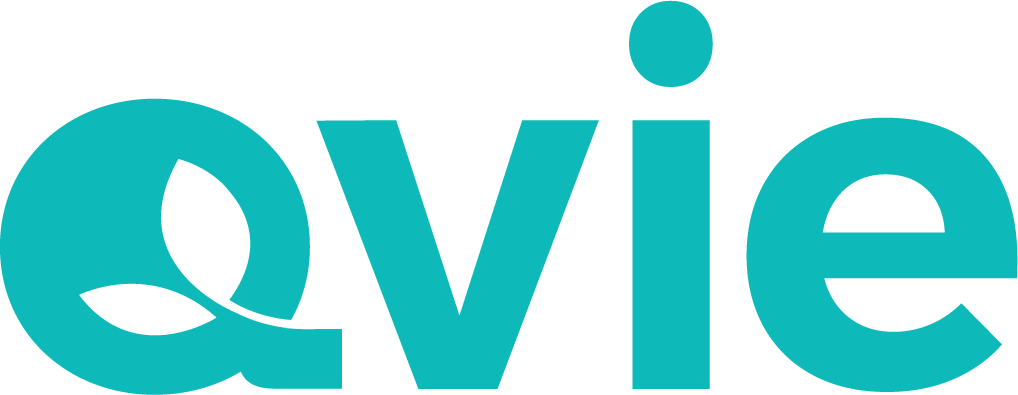Everyone is striving to look their best these days. In the quest to look and feel the best, people often pursue weight loss to stay healthy and look ideal. While there are multiple weight loss methods in the industry, the question arises: which one is truly the most effective and safe? Weight loss injections have come up as a popular alternative recently and have been quite in the limelight. While these injections offer rapid results, concerns about their impact on overall health persist. In this article, we aim to delve deeper into the world of weight loss injections to provide a deep understanding.
What Are Weight Loss Injections?
Weight loss injections, often referred to as B12 or lipotropic injections, have experienced a surge in popularity over the past decade. These injections contain a carefully crafted blend of minerals, amino acids, choline, methionine, inositol, and vitamins B12 and B6. The purpose of this unique combination is to enhance weight loss by boosting energy levels and metabolism.
The Lure Of Weight Loss Injections
Quick Weight Loss
In this fast-paced world, people are constantly in search of quicker options. One of the main reasons individuals choose weight loss injections is the promise of rapid weight loss. These injections can deliver faster benefits compared to other weight loss plans and exercise routines.
Metabolism Enhancement
A boost in metabolism is central to any weight loss journey. Some of the components in weight reduction injections aim to boost metabolism, which is necessary to assist the body in burning calories more effectively.
Concerns Related To Injections
No Regulations
Internationally and domestically, regulatory bodies do not regulate weight loss injections in the same way that pharmaceutical formulations and products should be. Therefore, the safety and efficacy of these injections are unknown and majorly depend on when and how the physician prescribes them.
Short-Term Effect
Weight reduction injections may provide immediate benefits but are frequently viewed as a short-term treatment. If no long-term lifestyle adjustments are made, the lost weight may return once the injections are stopped.
Potential Effects
Like any medical procedure, weight loss injections might have adverse effects. These may include injection site pain or discomfort, nausea, and allergic responses to the components.
Weight Loss Injections VS Diet Plans
When choosing the best way to lose weight, it is always better to compare the available alternatives. Here’s a quick contrast between the two famous weight loss methods.
- Weight reduction diet regimens from Qvie are safe when followed using the guidelines provided or under the supervision of a dietitian or healthcare practitioner. They emphasize healthy eating, long-term wellness and educating clients, which may differ with injections.
- Weight loss injections for sure give fast cures, but they may not encourage long-term weight loss. Diet programs promote good eating habits that can be followed for the rest of one’s life.
- Weight loss injections can be costly and are not always reimbursed by insurance. Diet regimens, on the other hand, typically require food shopping and meal preparation, which can be more cost-effective.
- Diet plans for weight loss include the assistance and accountability of a dietician or a weight reduction group. It can be critical for remaining on track and achieving long-term objectives.
Final Thoughts
Weight loss injections may be a quick way to lose weight, but their safety has been a cause of concern since its emergence. Diet plans from Qvie are one of the best ways to lose weight as they are sustainable and healthy.
Above all, you should carefully pursue your weight loss journey, considering your preferences and objectives. Always take the help of a healthcare expert before you begin. Quick fixes may not always prove beneficial for you in the long run!

